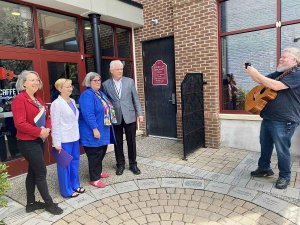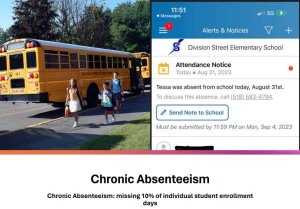I have a confession to make: in the past I’ve “self-diagnosed” a medical issue by searching Google before going to the doctor.
Inevitably when I went to the doctor I was shocked to learn that my self-diagnosis was not correct, for reasons that were very obvious to the doctor upon hearing the entire context of my situation but that were overlooked during my research.
Go figure, and I’m sure I’m not alone in this.
So it goes with legal problems as well.
It’s very common that a potential new client will come in to meet with me having done their own research. This is great; in fact, we prefer to work with engaged clients who do research before reaching out to or hiring a lawyer.
Where this becomes less beneficial, however, is when the person says something to the effect of: “well, I read online that this person in Florida won _____ million dollars for the exact same thing.” Or, “my friend/spouse/sibling told me that based upon their research I should expect to get _______ outcome.”
It’s human nature to wonder about the future, and about the potential outcomes of a problematic situation. Legal matters are very stress inducing, so it’s no surprise that they would be ripe for this sort of thinking. These days this inevitably leads most people to online research and/or discussions with friends.
The beauty of the internet is that essentially all of the information in the world is available to everyone. One of the downsides, however, is that all of the information in the world is available to everyone. Much of it without context, which leads most of us to form conclusions based upon surface level information. For better or worse, however, in the legal profession context matters. A lot.
When a person comes to a lawyer with a legal problem, the lawyer will typically approach the situation using the framework below (this is what’s taught in most law schools):
1. What are the relevant facts of this situation? (Note: what the client thinks are relevant and what the lawyer thinks are relevant are not always the same).
2. What legal issues do these facts raise?
3. What is the relevant law(s) applicable to these facts and issues?
4. How does that law apply generally?
5. What facts make this case similar or different from the general application of the law?
6. What intangibles impact the potential outcome based upon the general application of the law? These include (but certainly aren’t limited to):
a. Location of the matter;
b. Witnesses;
c. Credibility of parties;
d. Potential public interest;
e. Etc.
#’s 5& 6 are critical, because in our experience online searches and discussions with friends/family often overlook both the details that make cases unique, as well as the intangibles that can have a substantial impact on the outcome. An easy example of intangible “a”: someone who suffers a broken leg in a car accident in Kings County, NY will very likely have a different outcome than someone who suffers the same injury in Saratoga/Warren/Washington or other upstate New York counties. In that context, location matters.
I thought of this just this week, when I read an article about a settlement in the case involving the family of Kobe Bryant, who settled multiple claims against Los Angeles County for close to Thirty Million Dollars. The facts of the claim were fairly straightforward and included allegations that deputies who arrived on scene took unauthorized photos and shared them.
Of course the case was anything but usual, and involved a) a public figure and case of massive public interest; b) in a jurisdiction that has a history of substantial jury verdicts and settlements; and c) what appeared to be significant credibility issues on the defense side. So, while a reasonable person could see that settlement and think, “my case should be worth that much or close to it,” this would more likely than not be incorrect for the reasons I mentioned.
The point is, if you find yourself with a legal (or medical, accounting, engineering, plumbing, etc.) problem it absolutely makes sense to do your own homework and educate yourself about the process. Be cautious, however, about reaching conclusions about how things might go based solely on articles online or conversations with friends, keeping in mind that what you read often lacks the relevant context, which can make all the difference.





























 How to resolve AdBlock issue?
How to resolve AdBlock issue? 









